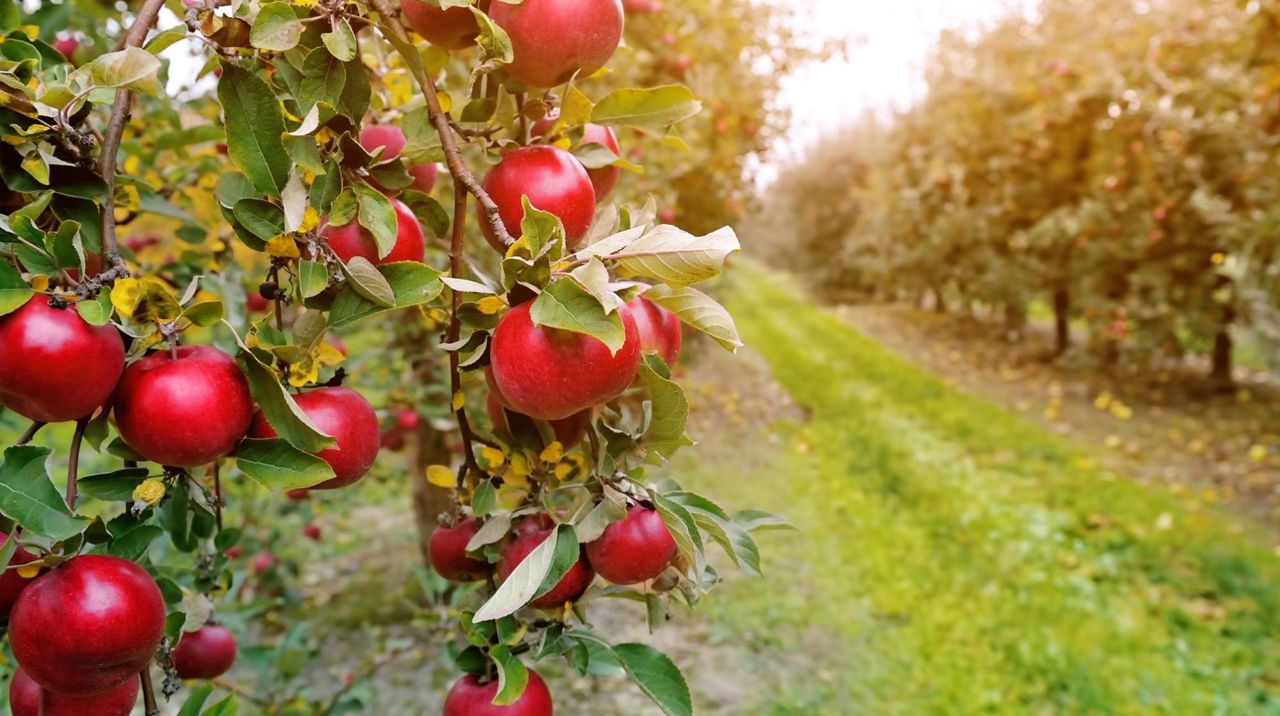Apple Cultivation Seen as Strategic Direction for Moldova's Development
Economic expert Veaceslav Ioniță argues that apple cultivation should become a strategic direction for Moldova's development.

Ioniță points out that half of the country's apple orchard area has been lost in recent years. He emphasises the need to replace these orchards with modern, technologically advanced ones. These new orchards, he argues, could generate significantly higher profits than crops like cereals.
Moldova's Apple Industry Undergoes Transformation
While the total area devoted to apple orchards has shrunk significantly, there has been a positive shift towards higher quality production. According to Ioniță, Moldova has seen a rise in intensive apple orchards. Despite the decrease in overall orchard area, Moldova's official apple production figures are at least double what they were between 1996 and 2000. This is attributed to both improved quality and a significant increase in productivity since 2010, fueled by major investments in the sector.
Moldovan Apples Find Diverse Export Markets
Ioniță's report highlights Moldova's success in diversifying its export markets for apples. In 2023, Moldovan apples reached markets in 49 countries. The Russian Federation was the largest importer, accounting for 52% of Moldovan apple exports, followed by Kazakhstan (17%) and Romania (10%).
The report also details the varying prices achieved in different export markets. Qatar and the United Arab Emirates offered the highest prices at 85 cents per kilogram, while Kazakhstan represented the lowest-priced market at 31 cents per kilogram. The average price across all export destinations was 54 cents per kilogram.
Moldovan Producers Benefit from Extended Trade Liberalisation
On May 14, the European Council extended trade liberalisation measures for another year on seven Moldovan products, including table grapes, apples, cherries, plums, grape juice, tomatoes, and garlic. These measures will come into effect on July 25, allowing Moldovan producers to export these goods to the European market without tariffs and under increased quotas.
The European Union had previously increased export quotas for these products in June 2022. Additionally, a protocol signed in May 2024 extended the temporary liberalisation of imports of Moldovan products into the United Kingdom for a period of five years, until July 31, 2029.
Source: Olga Mînzat
Translation by Iurie Tataru





